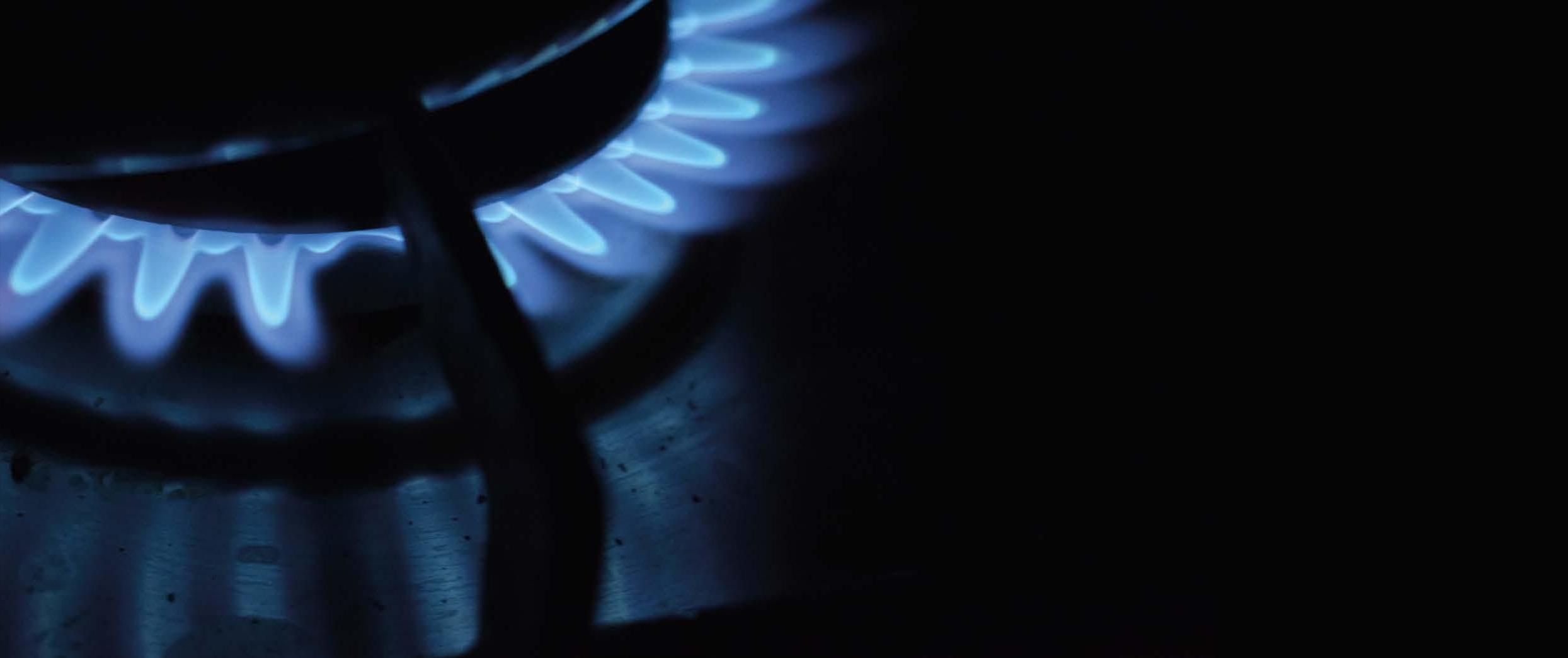
3 minute read
Finance
Record energy costs send inflation soaring

Inflation surged to its highest level in a decade in October on the back of surging fuel and energy costs.
Data from the Office for National
Statistics (ONS) showed that the Consumer Prices Index (CPI) rose by 4.2% in the 12 months to October, up from 3.1% in September. This was the highest 12-month inflation rate since November 2011, when the CPI hit 4.8%, and more than double the Bank of England’s target of 2%.
Suren Thiru, head of economics at the British Chambers of Commerce (BCC), said: “The latest data confirms that inflation is on a significant upward trajectory. “October’s upturn was largely driven by rising household energy costs following the increase in Ofgem’s energy price cap, rising fuel prices and the partial reversal of the VAT reductions for hospitality and tourism which drove up restaurant and hotel prices. “A substantial winter surge in inflation remains probable, with the rising cost of imported raw materials and higher energy prices likely to lift inflation to around 5% next year. “Inflation should trend back towards target over the medium term as supply chains adjust post-pandemic and demand weakens as fiscal policy tightens and economic conditions moderate. “The Bank of England is facing a tricky trade-off between surging inflation and a stalling recovery. However, with the UK economy facing mounting headwinds, raising interest rates too early should be resisted to avoid damaging business and consumer confidence.” The inflation news follows a BCC survey which revealed that an overwhelming majority of businesses are raising prices as they face acute shortages and cost pressures – with vehicle fuel, shipping containers and utilities cited as the top areas of concern. When asked if they had seen a change in the price of their goods or services in the past year, 80% of respondents reported increases, with 46% reporting significant increases and 34% reporting slight increases. Just 15% reported no change and only 2% reported any kind of decrease. For manufacturers, the above question drew an even starker answer – 92% had seen an increase in the price of their goods and services. When asked whether they, or any business in their supply chain, had experienced increased costs or shortages of commodities over the past 12 months, the results were striking.
More than half (52%) of respondents cited vehicle fuel, 34% shipping containers and 30% utilities such as gas or electricity. Shevaun Haviland, director general of the BCC, said: “These figures present a deeply worrying picture of the difficulties that businesses are currently facing across multiple fronts as supply chain disruption persists. “Firms are facing huge pressures as they battle to keep on track for Christmas and provide the goods and services the UK needs, but we have yet to see any concrete steps to address these issues. “Unless action is taken soon, firms could be forced to cut back on their capacity or limit the range of products they offer. “The huge number of unfilled vacancies is placing further strain on staff having to cover, and COVID is also still with us. With more than 30,000 people a day having to isolate, it presents another ongoing disruption to the workforce which businesses must grapple with. “While there are some global issues at play, there are levers that the government can pull to improve current business conditions; for example, the introduction of an energy price cap for SMEs and providing more temporary visas in the hardest hit sectors through expansion of the Shortage Occupation List. “The new Supply Chain Advisory Group must look carefully at these and other solutions to the immediate and longer-term challenges. “Firms also want to see a moratorium on all policy measures that increase upfront business costs for the remainder of this Parliament.”










